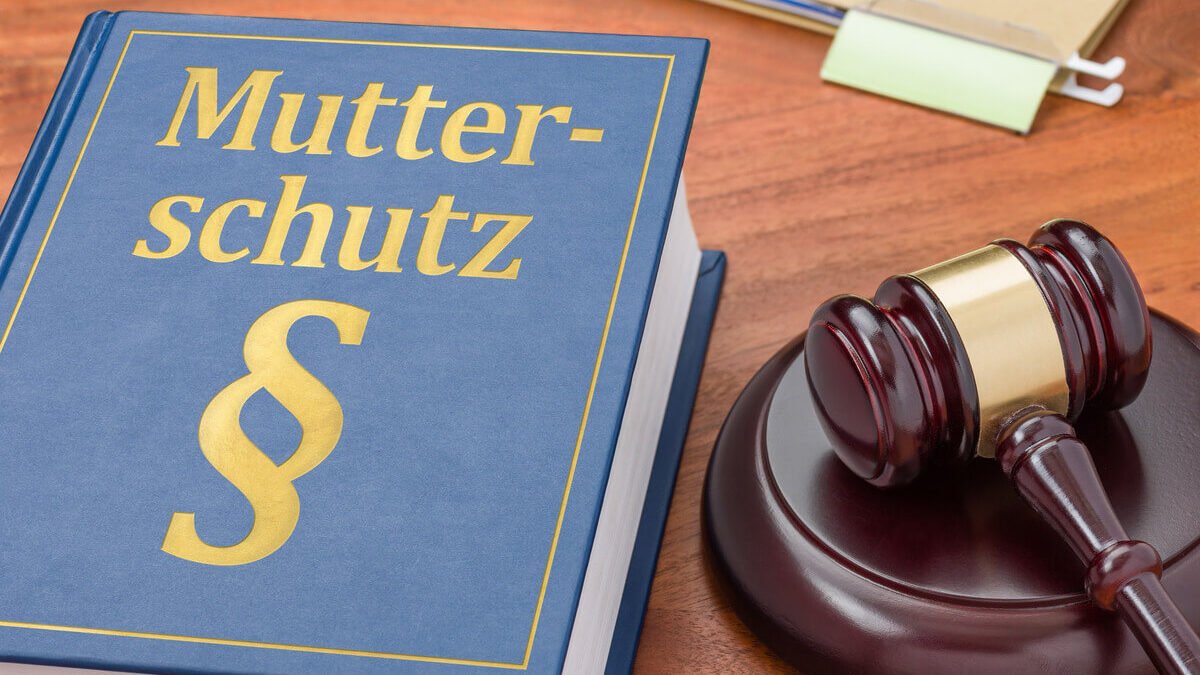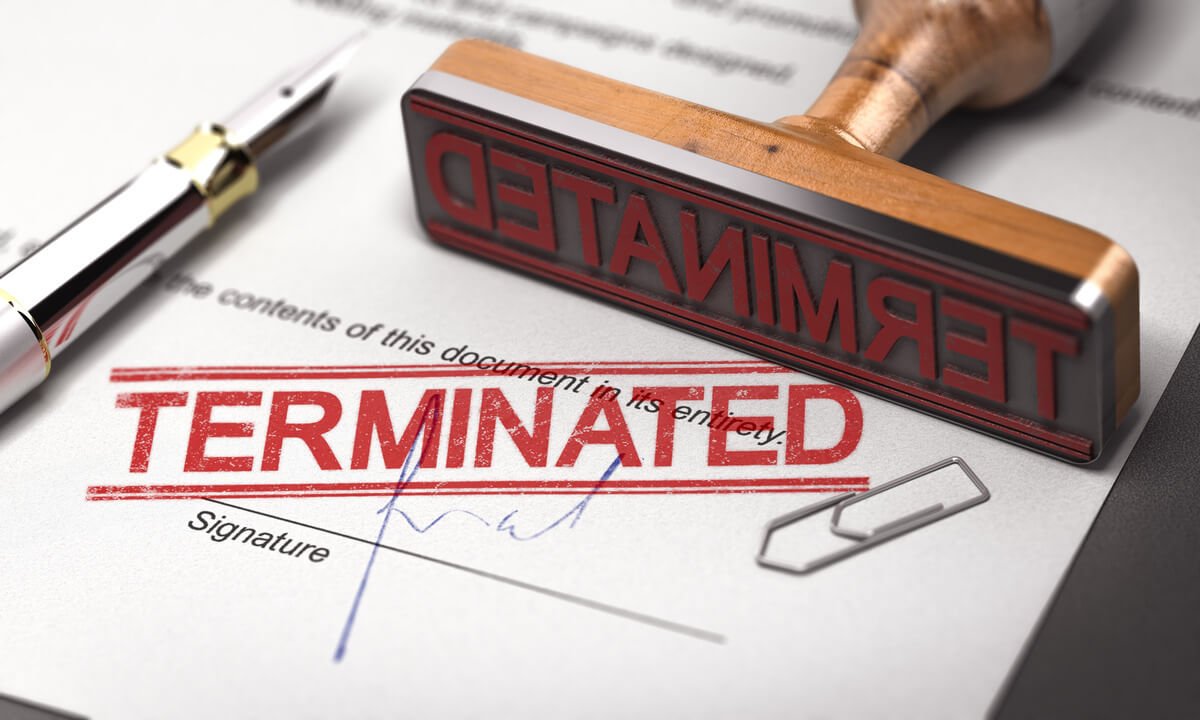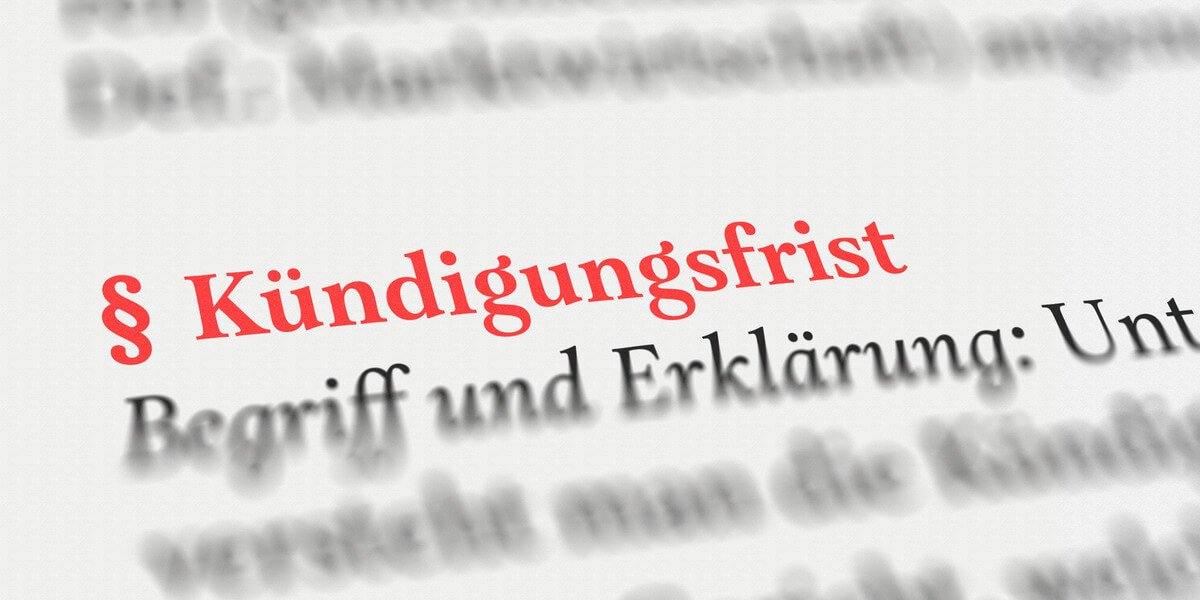

The special protection against dismissal serves to provide special protection for specific, vulnerable groups of employees. Dismissals of these individuals are usually only allowed if there is good cause. In most cases, the employer also needs approval from a government authority. The legal requirements are similar to those for dismissal without notice and are very strict. This special protection goes beyond the general protection against dismissal and greatly limits the employer’s options — even in cases of redundancy, misconduct, or illness.

How much severance pay are you entitled to? Calculate now!
- Calculate your individual severance pay for free
- Calculation of the standard payment up to a very high settlement
- Get a strategy to maximise your severance pay
The most important facts at a glance:
- The purpose of special protection against dismissal is to protect certain groups of people who are considered particularly vulnerable from losing their jobs more than other employees.
- Special protection against dismissal is regulated in many different laws and varies for each group. It ranges from a ban on dismissal (e.g. for pregnant women) to obtaining official approval (in the case of severe disability).
- If a specially protected employee is dismissed, they can take legal action against it. The three-week deadline still applies, with few exceptions. In addition, an appeal may be lodged against the official decision.
Contents
- Who is entitled to special protection against dismissal?
- Difference between general and special protection against dismissal
- Severance pay in cases of special protection against dismissal is usually significantly higher
- Exceptions to special protection against dismissal
- What can the employee do in the event of dismissal?
- Frequently asked questions (FAQ)
Who is entitled to special protection against dismissal?
In Germany, various groups of employees enjoy special protection against dismissal due to their vulnerability. These include, among others:
- Pregnant women and employees on maternity leave: Pregnant women and mothers up to four months after giving birth are protected against dismissal. The employer may only terminate the employment relationship in special cases. Prior approval by the competent authority is required (Section 17 MuSchG). The special protection against dismissal begins with pregnancy.
- Employees during parental leave: There is a ban on dismissal at the earliest 8 weeks before the start of parental leave and during parental leave. The employer may only terminate the employment in special cases. The termination must first be approved by the competent authority (Section 18 BEEG).
- People with severe disabilities: For this group of people, termination is only possible with the prior consent of the integration office, Section 168 SGB IX.
- Members of the works council and other employee representatives: They may only be dismissed for good cause. Furthermore, the consent of the works council or the labour court is required, Section 15 KSchG. They are to be protected in the independent exercise of their duties.
- Employees on care leave: Here too, there is a ban on dismissal 12 weeks before the start of care leave and during care leave, Section 5 of the Care Leave Act.
- Trainees after the probationary period: Termination of the training relationship after the probationary period is only possible for good cause.
- Conscripts: The employer may not terminate the employment of conscripts and temporary soldiers (with no more than two years of service) until the end of their service. This also applies to the period of military training. This protection only applies to persons performing military service in Germany and in EU countries. It does not apply to persons performing military service in their home country outside the EU. Before and after military service, the employer may give notice of termination, but not because of the military service, only for other reasons.
Unfairly dismissed in Germany?
Check your severance pay now – you have only 3 weeks to preserve your severance package!
Difference between general and special protection against dismissal
The main difference between special and general protection against dismissal lies in their objectives and scope of application:
General protection against dismissal
- The Unfair Dismissal Protection Act (KSchG) aims to protect the existence of employment relationships from socially unjustified dismissals. The employer may only terminate employment for reasons related to the employee’s person, conduct or the business. The employer must comply with the requirements established by case law.
- The Unfair Dismissal Protection Act applies to all employees who have been employed by the same business or company for more than six months. In addition, the business must generally employ more than 10 employees (not a small business).
Special protection against dismissal
- In addition to general protection against dismissal, special protection against dismissal also applies. This also aims to secure the continued existence of the employment relationship.
- Special protection against dismissal is not granted to everyone. It applies only to certain vulnerable groups of employees. These include, for example, pregnant women, severely disabled persons, those on parental leave, and public officials in special roles.
- Special protection against dismissal adds extra requirements on top of the general rules in the Protection Against Dismissal Act. Besides formal requirements like written notice and notice periods, additional conditions must be met. These can include, for example, obtaining official approval before a dismissal is valid.
- Special protection against dismissal applies regardless of the size of the company and the length of service.

How much severance pay are you entitled to? Calculate now!
- Calculate your individual severance pay for free
- Calculation of the standard payment up to a very high settlement
- Get a strategy to maximise your severance pay
Severance pay in cases of special protection against dismissal is usually significantly higher
Because the hurdles for dismissal by the employer are higher for persons with special protection against dismissal than for employees with ‘only’ general protection against dismissal, the likelihood of a higher severance payment is much greater when negotiating a termination agreement or a court settlement. This practice takes into account the increased need for protection. It reflects the potentially greater challenges that specially protected persons face when looking for a job.
Exceptions to special protection against dismissal
There are also exceptions to special protection against dismissal
- Resignation: If the employee resigns of their own accord. Special protection against dismissal only protects against dismissal by the employer.
- In the case of a termination agreement concluded by mutual consent between the employer and the employee. In this case, the employee should seek legal advice, as there may be significant advantages but also disadvantages.
- Upon expiry of a fixed-term employment contract.
- A number of legal exceptions apply to severely disabled persons, Section 173 SGB IX. According to this, special protection against dismissal does not apply
- if the employment relationship had not existed for six months at the time of dismissal.
- if, at the time of dismissal, the status of severely disabled person has not been proven.
- if, at the time of dismissal, the pension office was unable to make a determination due to lack of cooperation.
- If the application for recognition of severe disability or equal treatment is rejected, even if an appeal or legal action is lodged against this.
- If a person has reached the age of 58 and is entitled to severance pay or similar benefits on the basis of a social plan.

Free initial consultation with a specialist lawyer
- 15min free initial consultation with a lawyer
- Prompt online appointment via Calendly or quick call-back
- Strategy for negotiating your severance pay
What can the employee do in the event of dismissal?
If an employee who has special protection against dismissal receives a notice of termination, the following special provisions apply in addition to the general considerations:
- If the employee wishes to file a lawsuit, they must also do so at the labour court within the three-week period.
- Exception: If the termination requires approval from an authority, the three-week period does not begin immediately. It only starts once the employee has been officially notified of the authority’s decision (Section 4 KSchG). This applies, for example, to pregnant women, severely disabled persons, employees on parental leave, and those on care leave.
- If the decision is given to the employee before the dismissal, this has no effect on the deadline. The three-week period still begins upon receipt of the termination notice.
- It is therefore always advisable to observe the three-week period as a precaution in case of disputes regarding special protection against dismissal.
The employee can file an action for unfair dismissal before the labour court. They can also challenge the authority’s approval separately.
- The person concerned can lodge an appeal against the decision of the authority.
- If the objection is unsuccessful, they can bring an action before the administrative court against the authority’s approval.
Two proceedings may then be pending. The labour court can decide on all points of labour law, but is bound by the decision of the authority as long as the official approval has not been revoked. In this case, it is always advisable to consult a lawyer specialising in labour law in advance.

Free initial consultation with a specialist lawyer
- 15min free initial consultation with a lawyer
- Prompt online appointment via Calendly or quick call-back
- Strategy for negotiating your severance pay
Frequently asked questions (FAQ)

Free initial consultation with a specialist lawyer
- 15min free initial consultation with a lawyer
- Prompt online appointment via Calendly or quick call-back
- Strategy for negotiating your severance pay
- Severance pay in Germany: What is the “fair amount”?
- Action for unfair dismissal: costs – how much you really have to pay
- Action for unfair dismissal: When is it worth taking legal action?
- Labour law regulations in the event of termination during pregnancy
- Termination during parental leave in Germany
- Your rights as a pregnant woman in the probationary period
- Employment lawyer: Tips on how to find the right lawyer in Germany






